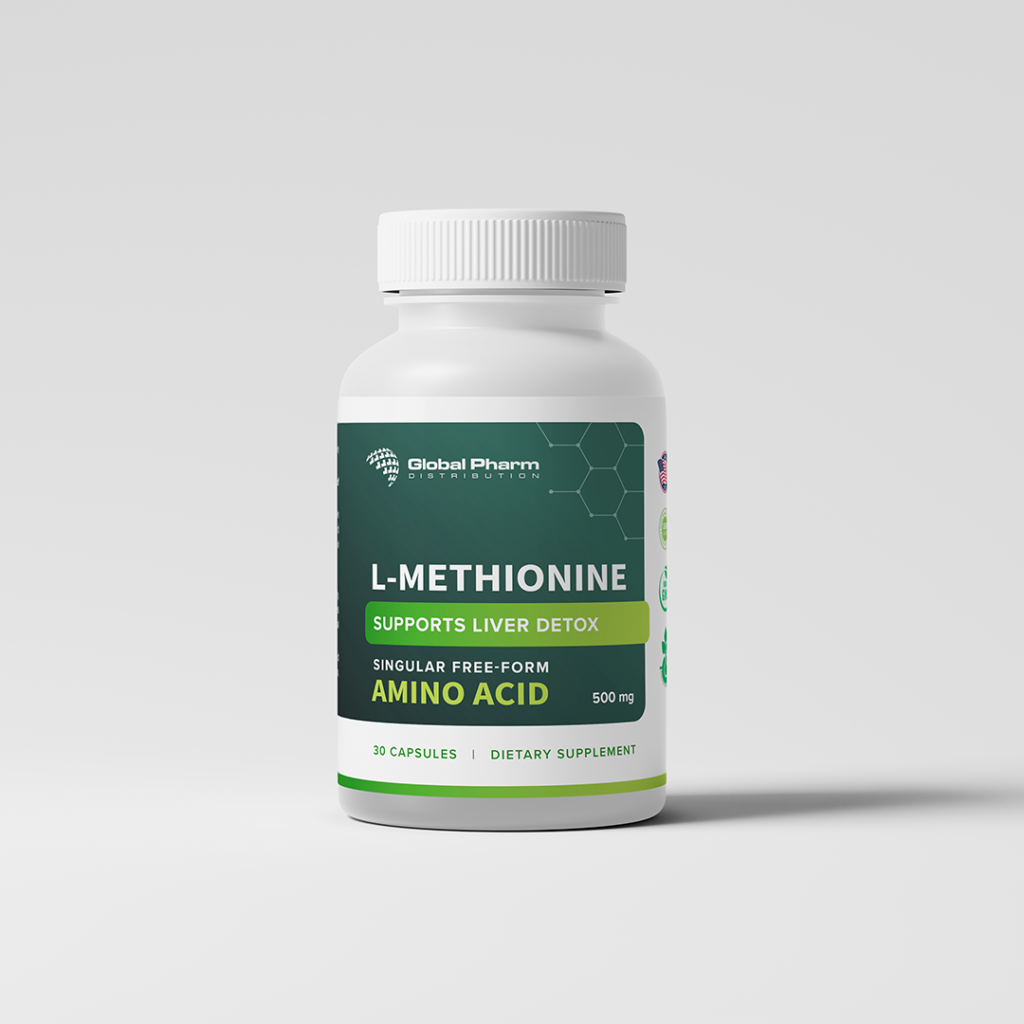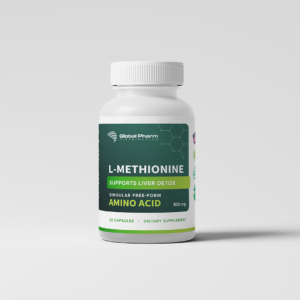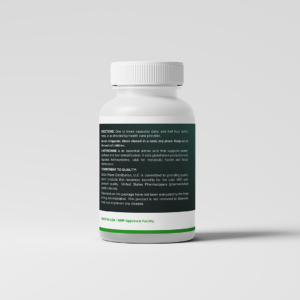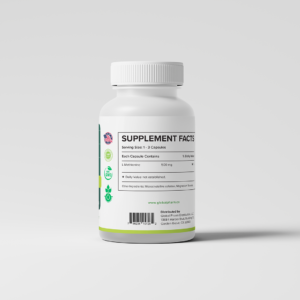Description
NDC: 53335-081-10 (capsule), 53335-080-29 (powder)
Weight: 4 Oz
L-Methionine is an essential amino acid critical for numerous metabolic processes. It supports the production of cysteine, glutathione, taurine, and choline—key antioxidants and compounds—and contributes to the synthesis of carnitine and creatine, enhancing energy and muscle function. L-Methionine is involved in nucleic acid production, polyamines, and catecholamines, while promoting protein synthesis and increasing body nitrogen. It plays a vital role in hepatic liver metabolism, particularly in mitigating damage from alcohol consumption, and may help prevent adhesion of uropathogenic microorganisms in chronic urinary tract infections. Research highlights its importance in burn and sepsis patients where deficiencies are noted (e.g., Grimble 1996).
L-Methionine is particularly beneficial for individuals seeking to boost antioxidant defenses, support liver function, or aid recovery from metabolic stress. Manufactured using premium pharmaceutical-grade materials in a GMP-approved facility in the USA, L-Methionine is free of fillers, binders, or coloring agents, with no known side effects when used as directed.
Directions: Take 1-3 capsules daily or as advised by your healthcare provider. Pair with vitamins and minerals; GPD’s MVM (Multivitamin) is recommended. Powder equivalent: 1/4 level teaspoon per capsule.
Key Benefits
- Supports Antioxidant Production: Aids synthesis of glutathione and taurine.
- Enhances Liver Health: Supports metabolism and alcohol detoxification.
- Promotes Protein Synthesis: Increases body nitrogen levels.
References
- Grimble RF. (1996). “Nutritional antioxidants and the modulation of inflammation.” Current Opinion in Clinical Nutrition & Metabolic Care, NIH.
- Brosnan JT, et al. (2006). “The sulfur-containing amino acids: An overview.” Journal of Nutrition, NIH.
- Finkelstein JD. (1990). “Methionine metabolism in mammals.” Journal of Nutritional Biochemistry, NIH.
- McBreairty LE, et al. (2015). “Methionine and cysteine metabolism in health and disease.” Amino Acids, NIH.
These statements have not been evaluated by the Food and Drug Administration. This product is not intended to diagnose, treat, cure, or prevent any disease. Consult a doctor or medical professional before use, especially if you have underlying health conditions or are taking other medications.
Additional Information The following points provide insight into L-Methionine’s plasma levels and their association with various health conditions, reflecting its role in metabolism:
- Normal Range: 10-40 micromol/L (approximate clinical range).
- Conditions Associated with Low Levels:
- Malnutrition (due to inadequate protein intake)
- Burn or sepsis patients (increased demand and loss)
- Liver disease (impaired methionine metabolism)
- Conditions Associated with High Levels:
- Excessive supplementation (from overdosage or dietary excess)
- Homocystinuria (genetic disorder affecting methionine metabolism)
- Chronic alcohol abuse (altered liver processing)
Notes: L-Methionine is an essential amino acid that supports antioxidant production (glutathione, taurine), protein synthesis, and liver metabolism, with potential benefits in preventing urinary tract infections and aiding recovery in burn/sepsis patients. Low levels may indicate nutritional or metabolic stress, while high levels can result from supplementation or genetic disorders. These associations are correlative and require further research for causal confirmation. For more technical information, please click here. Consult a doctor or medical professional before use, especially if you have underlying health conditions or are taking other medications.
 Global Pharm Distribution, LLC
Global Pharm Distribution, LLC




